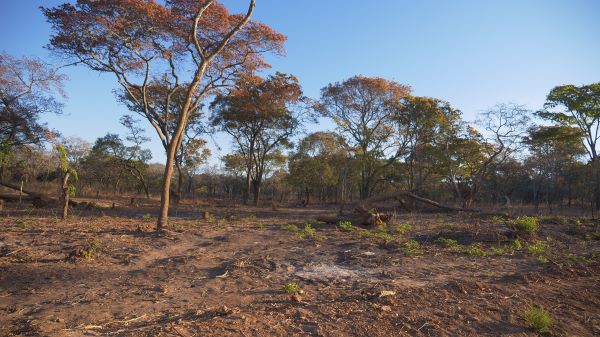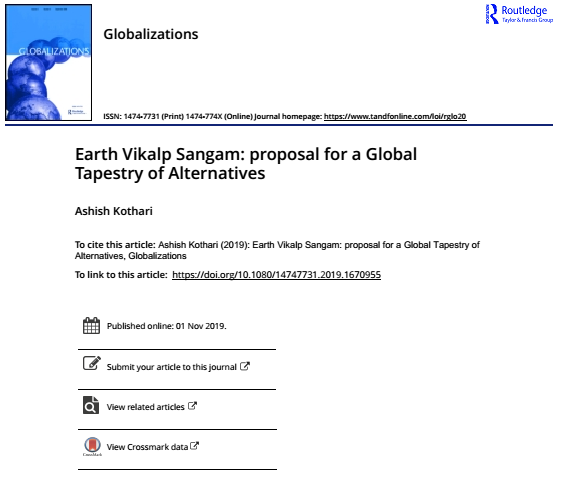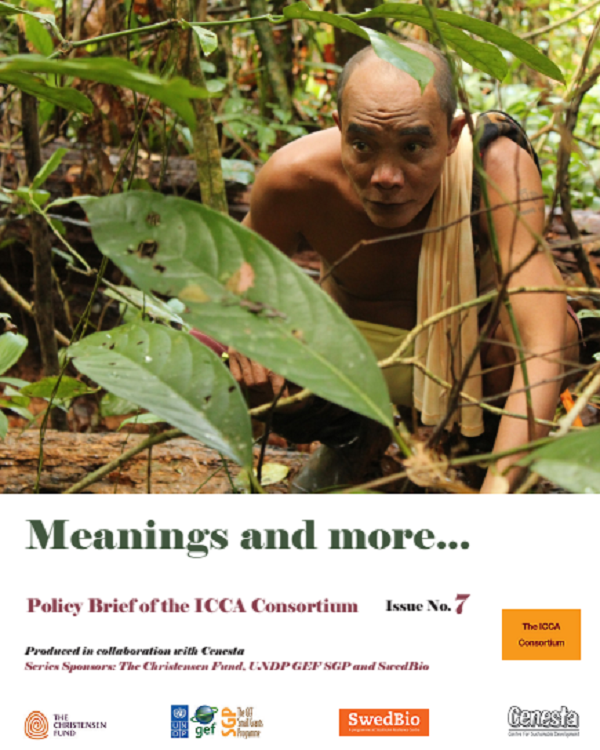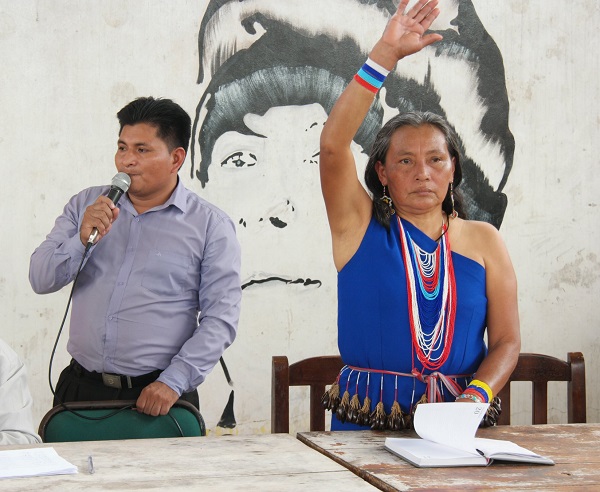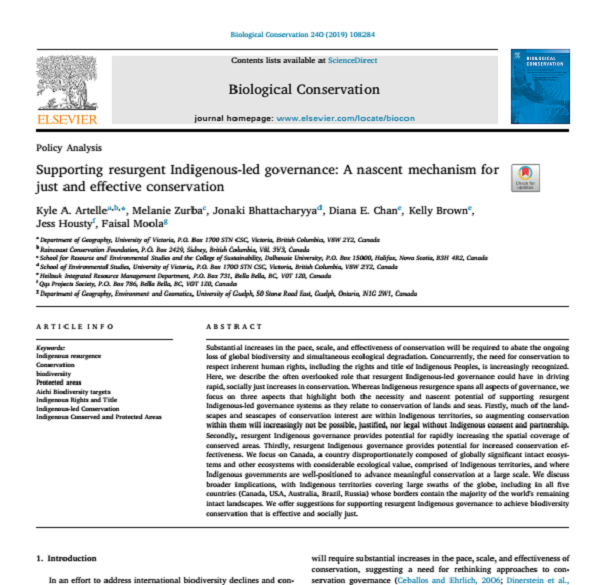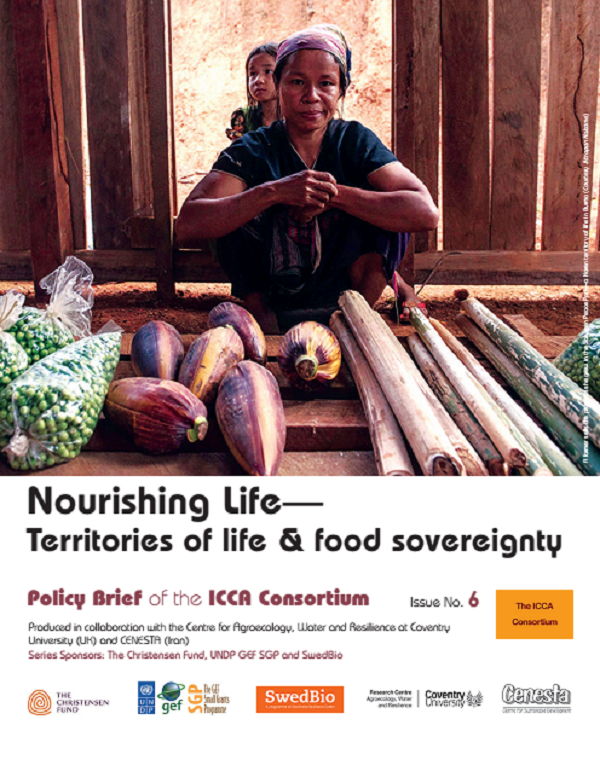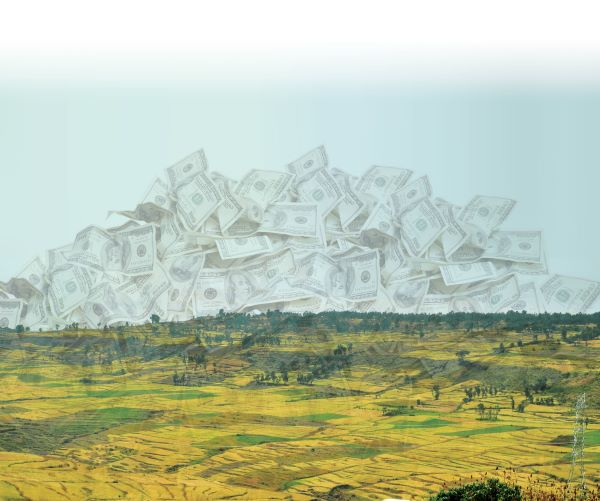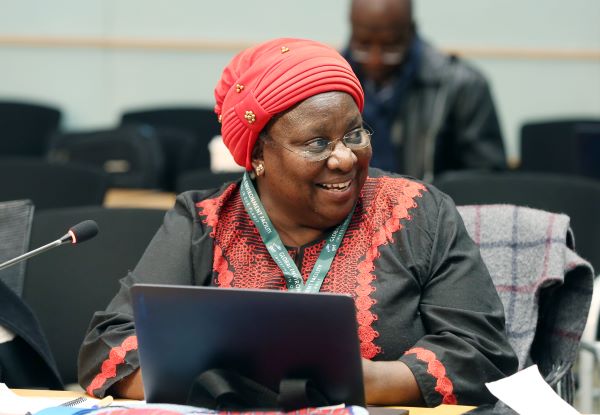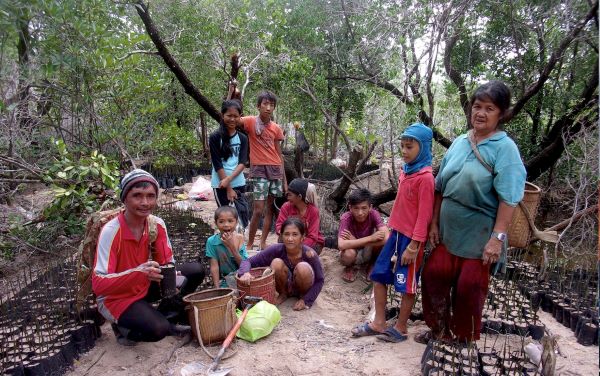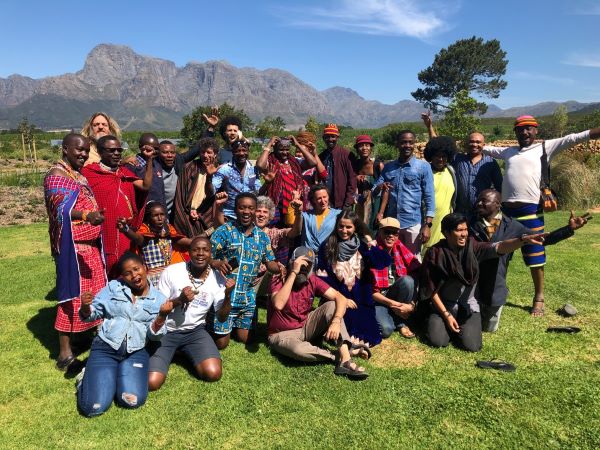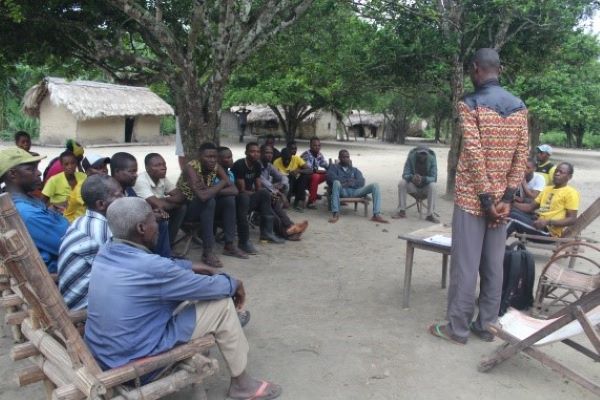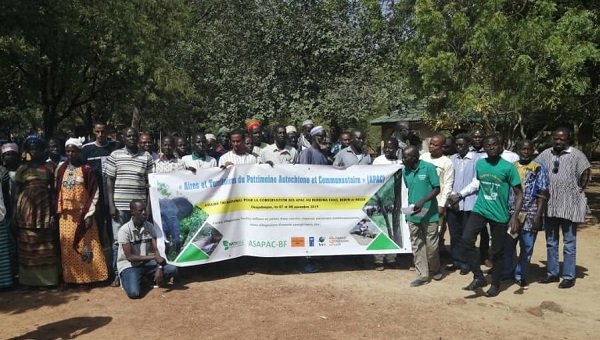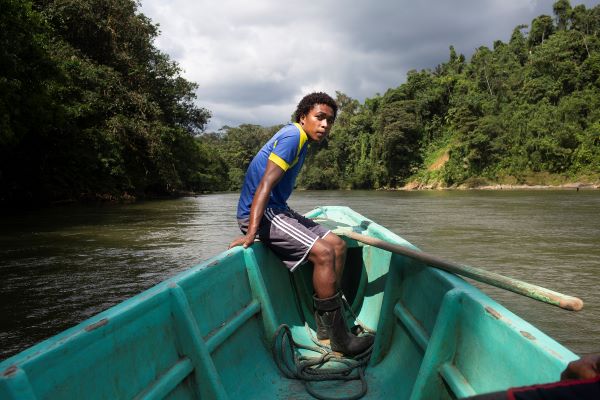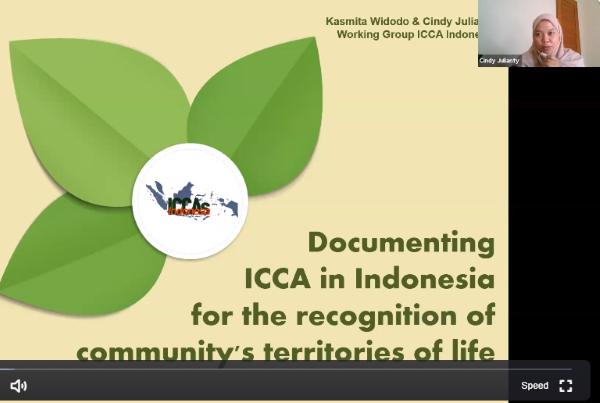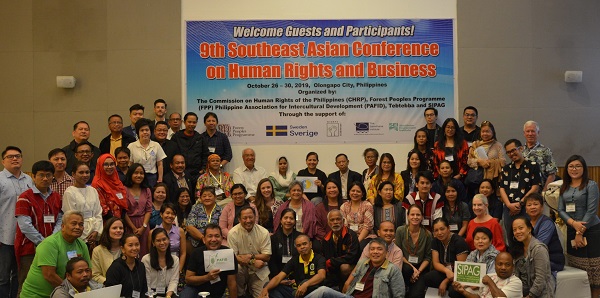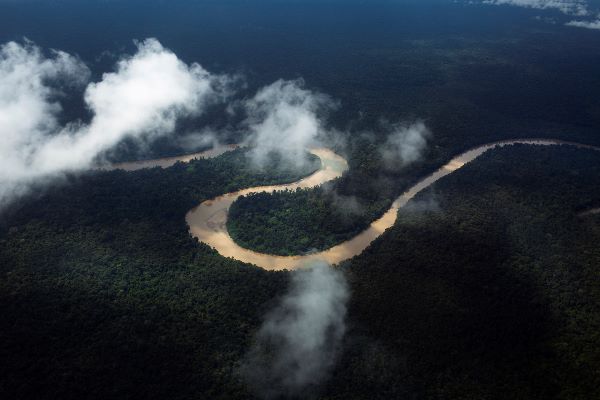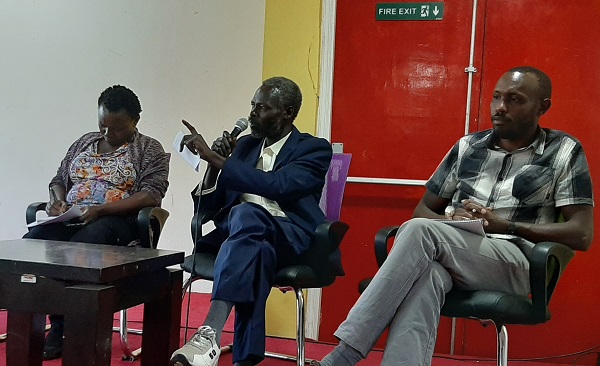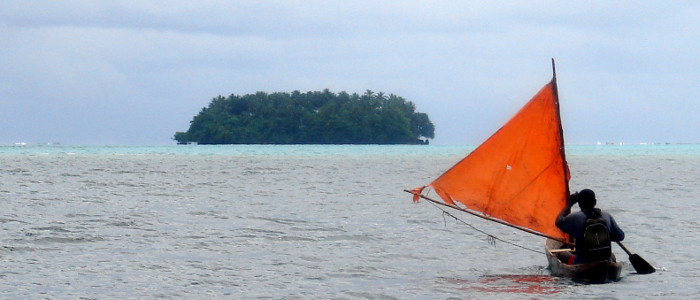By Yolanda Sikking and David Kureeba, Global Forest Coalition
The Indigenous Information Network (IIN), in collaboration with Global Forest Coalition (GFC), organised a Community Conservation Resilience Initiative (CCRI) workshop and gender training in Narok County, Kenya, on May 31, 2016. These meetings were attended by representatives of the communities of Lolgorian, Suswa, Olulunga, Kimintet, Olorkuto, Oloirien, government officials of the County of Narok, and various GFC staff members.
During the workshop, the participating communities raised a number of challenges facing the conservation of their bio-cultural resources. These are on-going and include charcoal production to meet the growing demand from urban areas (a big driver of forest destruction), land tenure issues in pastoralist communities, as well as poor government policies for the conservation of community natural resources. The participants identified a crucial problem: the absence of management plans for communities and government to follow when they work to conserve forests and wetlands. However, the local government has promised to deliver draft legislation on that topic soon. The communities shared their sustainable conservation and livelihood activities, including raising cattle, keeping bees, beadwork, and cultivation on a small scale. They also spoke of the need for greater involvement of women in community conservation, and emphasized the reality that women have a central role to play in conservation. The communities talked about the need to hold their leaders accountable and demand alternative sources of energy, such as renewable solar energy and improved energy-saving stoves. The group welcomed the CCRI and expressed the belief that their partnership would go a long way to help organise communities and bind them together.
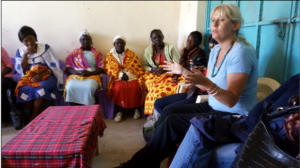
Women’s consultation meeting in Olulunga, Narok County. © GFC
Part of the workshop was dedicated to the role of women in conservation. GFC and IIN met with women from the Olulunga community in Narok County. The women shared their conservation and livelihood strategies, as well as the threats they are facing. The Olulunga women self-organise and work together to promote robust livelihoods and conservation, including setting up a money-lending system, producing and selling briquettes made from cow dung, recycling paper and other materials for clean cooking, producing jewellery and handicrafts, and planting trees and selling tree seedlings. These women show great leadership and innovation when it comes to sustainable livelihood generation. Their contribution to the conservation of the community’s forests is invaluable.
For more information, please contact David Kureeba.
